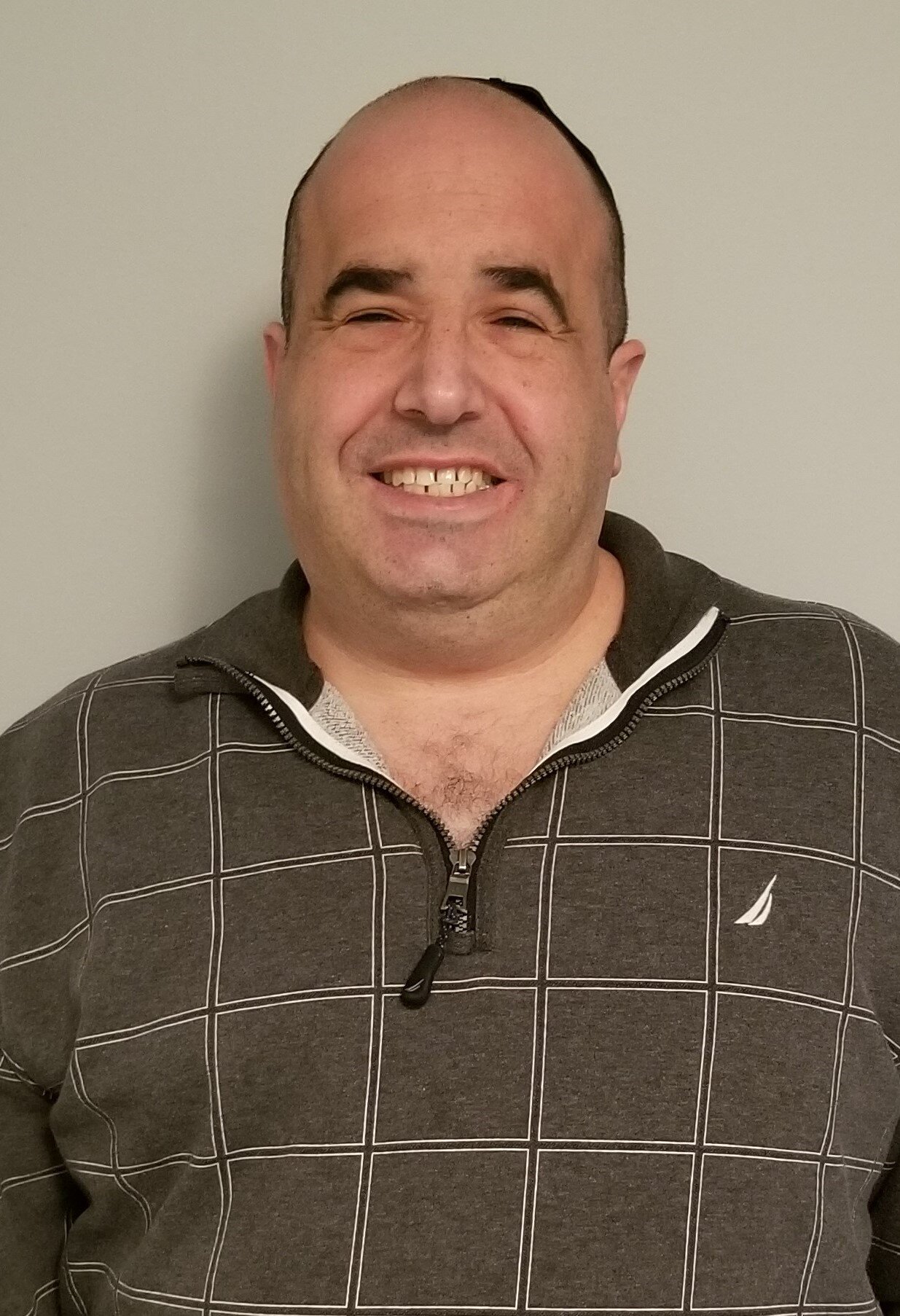Please enjoy a d’var Torah this week from Andrew Pass. Andrew spent six summers on staff as a counselor, librarian, teacher, and Rosh Eidah. He lives in West Bloomfield, MI and is the founder and CEO of an educational content development company. He attributes the knowledge and skills needed to run a large organization to his experiences at camp.
“I Will Be”: Reflections on Parashat Va’eira
by Andrew Pass
Rabbi Neil Gillman, z”l, a professor at the Jewish Theological Seminary, used to ask his students to write an essay responding to this prompt, “When I think about God, I think of…”. He challenged his students to ask their students to do the same. Responding to this challenge, I had many great conversations with campers on the Mirpeset Sifriyah, the library porch overlooking the lake. We asked and discussed, “Do you believe in God? What exactly is it that you do or do not believe in?” Together, we struggled with the mysteries of God.
This week’s Torah portion, Va’eira, challenges us to ask similar questions. In the first verses, God immediately presents Herself as having a hidden component. Roughly paraphrased, God says, “Moses, I’m going to tell you something about myself that I never told your forefathers. I’m going to tell you my name.” God explains that while she had a special relationship with each of them, even giving them the land of Canaan, she never revealed her name. God reveals this name to Moses.
What is the name?
E’hiyeh or “I will be”!
What kind of a name is that?
It is a name that is as mysterious as the being to whom it refers. Jewish tradition teaches that God is so sacred, so out of the ordinary, that it is impossible for a person, imperfect by nature, to truly know Her. Rabbi Gillman referred to God as a myth. This does not mean a fallacy. Gillman explains, “Myths are the spectacles that enable us to see order in what would otherwise be confusion.” We attribute the phenomena of nature and life to God. The more awesome the phenomenon is, the easier it is for us to see God through it.
Our Torah portion contains the description of the first seven of the ten plagues that God brought upon the Egyptians. According to the text, God “hardened Pharaoh’s heart” so that he would not let the Israelites leave. God could have eased Pharaoh’s heart so that he chose to let the Israelites leave without any plagues. However, the rabbis explain that in part, God brought the plagues to demonstrate Her existence to both the Egyptians and the Israelites. Gillman would say that metaphorically these plagues pointed to the existence of God for all involved.
Fortunately, unlike plagues, the events of nature and life are often radically positive. Many people say they see God when they look at their spouse under the chuppah (wedding canopy) or a newborn baby in the delivery room. For many of us, we sense God deeply at our Camp Ramah. Whether it be at Friday evening services by the agam (lake) or under the Northern Lights, after a terrific hit is made in an inter-eidah (division) softball game or the incredible ruach (spirit) seen at the zimryah (song festival).
As Jewish people, we recognize that we do not all have the same perception of God. In fact, we often struggle to understand God at all. But, when we contemplate those things around us, when we are truly being in the moment, we often feel God’s presence.







